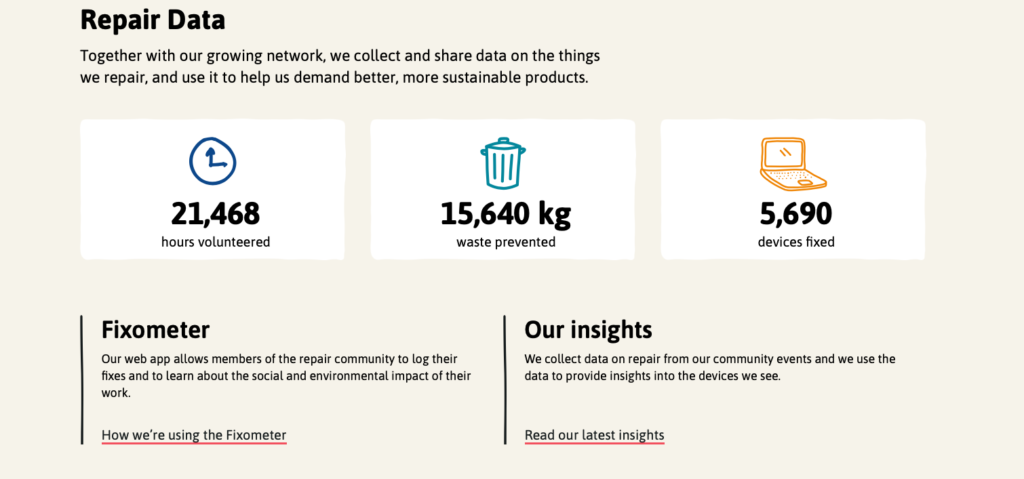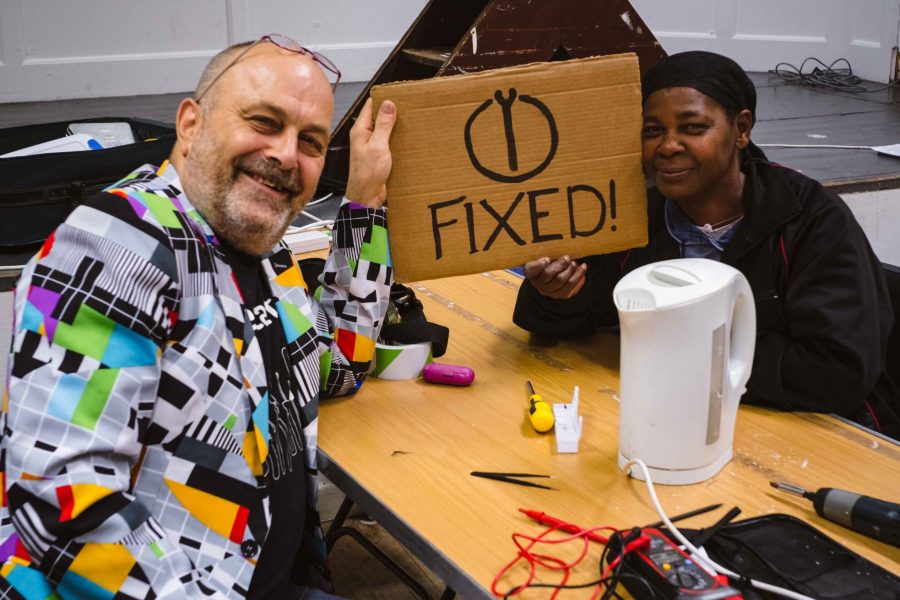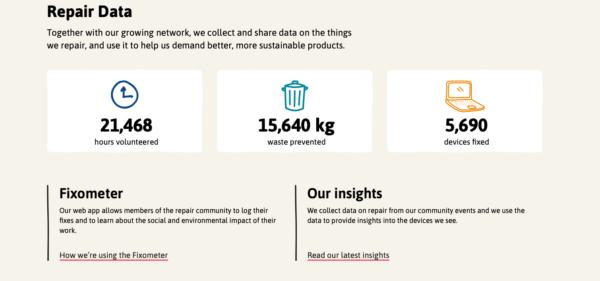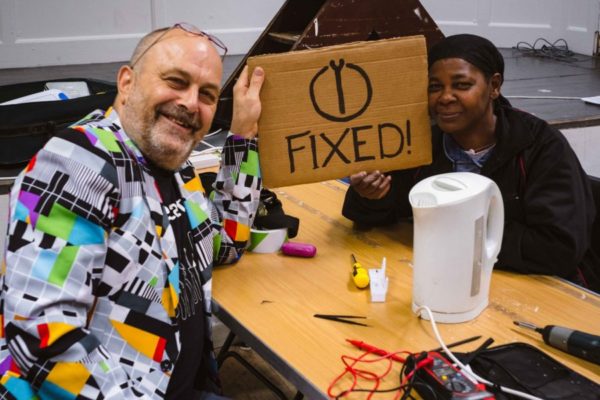Who is Mark R. Shuttleworth?
No article about the Shuttleworth Foundation (TSF) can be said to be complete without looking at its founder, Mark Richard Shuttleworth. He was born in 1973 in the South African, gold mining town of Welkom, as the son of a kindergarten teacher and a surgeon. After graduating from the private Diocesan College, he earned his Bachelor’s degree in computer science and business administration from the University of Cape Town in 1996.
One year before, Shuttleworth founded his first company: Thawte Consulting, specialized in issuing digital certificates. Initially led out of his parents’ garage, he sold Thawte to VeriSign in 2000 for US$ 575 million. At this time, Thawte’s products, servers, and services relied almost completely on Free and Open Source-Software (FOSS), like Linux, Open Office or Android.
The Mission of his Foundation
Apart from the fulfillment of his childhood dream, a space visit that earned him the nickname Afronaut as the first African in space, Shuttleworth subsequently became a philanthropist and venture capitalist. In 2001, he founded TSF, a Durbanville-based nonprofit, which is set out in its statutes to financially support and promote social innovations in education. Of course, TSF’s support for projects is in the forefront of FOSS-philosophy making it one of the best-known advocates for FOSS in Africa.
Freedom Toaster
The most famous project of TSF is probably the Freedom Toaster. It began in 2005 as a means of solving difficulties in the availability of FOSS resulting from the limited capacity of the South African telephone network. At that time, like today, it was almost impossible to make extensive downloads. As a solution, TSF built FOSS distribution points across various regions of South Africa. The so-called Freedom Toasters, which burn copies of FOSS onto user-provided CDs or DVDs free of charge, are located at easily accessible, public places.
Freedom Toasters spread quickly around the globe. In Germany, for example, the first one was set up in 2007 at the Umwelt-Campus Birkenfeld in rural Rhineland Palatinate under the name Flying Toaster.
Becoming a TSF-Fellow
Today the work of TSF focuses on the financial support of its fellows. To become a fellow, you need a project that in the broadest sense is dedicated to opening up society. TSF does not impose any restrictions, but the applicants have to expect a rigorous selection. They need to explain how they see themselves, the society and their project, how the idea can change the world and make it more open, but also where they might see problems or challenges. In addition to the questionnaire, each applicant must present him- or herself and his or her project in a five-minute video. Some of those videos are freely available on platforms like YouTube.
By its own admission, only one percent of all applicants manage to achieve the status of a Fellow. Once reached this status, the Fellow’s project receives extensive financial support from TSF. The foundation amplifies the investment of each Fellow by matching it at least tenfold, along with covering the cost of their time for the year.
TSF is currently financing the projects of eleven Fellows to implement their innovative idea for social change. In 2017 the Foundation spent more than US$ five million to its Fellows. Now, the applications for the 1st of September 2019 Fellowship intake are open, if your project’s purpose lies in the intersection between technology, knowledge and learning. The application round will close at 1st of June 2019.
Fix it, don’t bin it!
Ugo Vallauri is an Italian geographer and a very interesting TSF- fellow. Together with the American activist Janet Gunter he founded the Landon- based non-profit The Restart Project, a people-powered social enterprise that aims to fix our relationship with electronics, reducing electronic waste and promoting repair, reuse and sustainability. Vallauri’s engagement in this project brought him in 2016 the Fellowship of the Shuttleworth Foundation and with this a funding of half a million US-Dollar.
The Restart Project co-founded “The International Repairing Day” to combat the throwaway society. Every year they offer a free fixing of electronic devices at different places. The next one is on the 19th of October 2019, get your ticket. They even collect data on their repairs and open them to everyone interested in the form of the “Fixometer”. Here you see what you can do by using, for example, your mobile phone longer…



